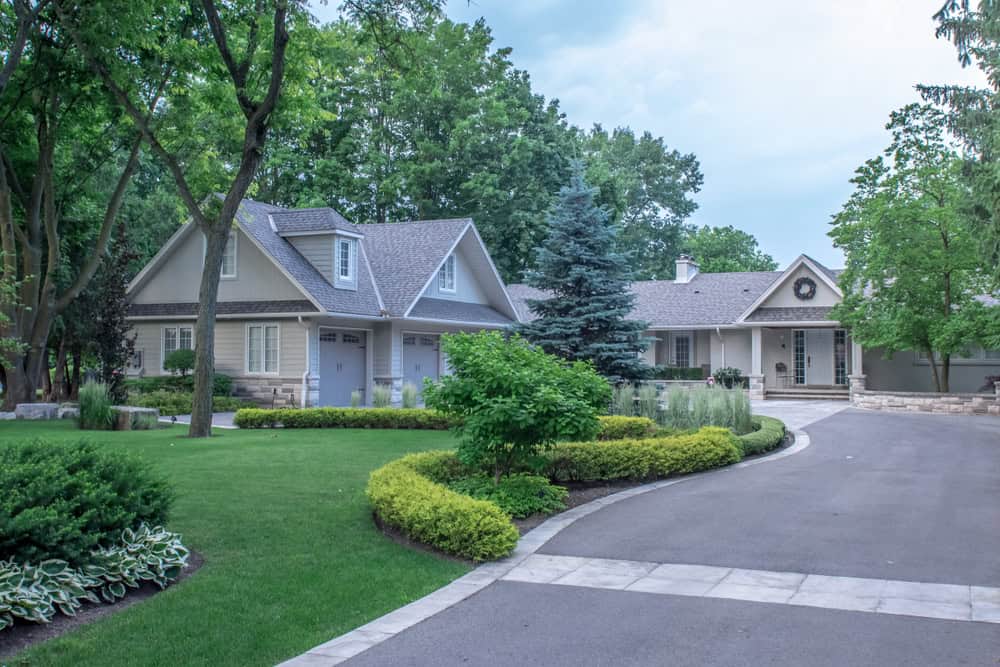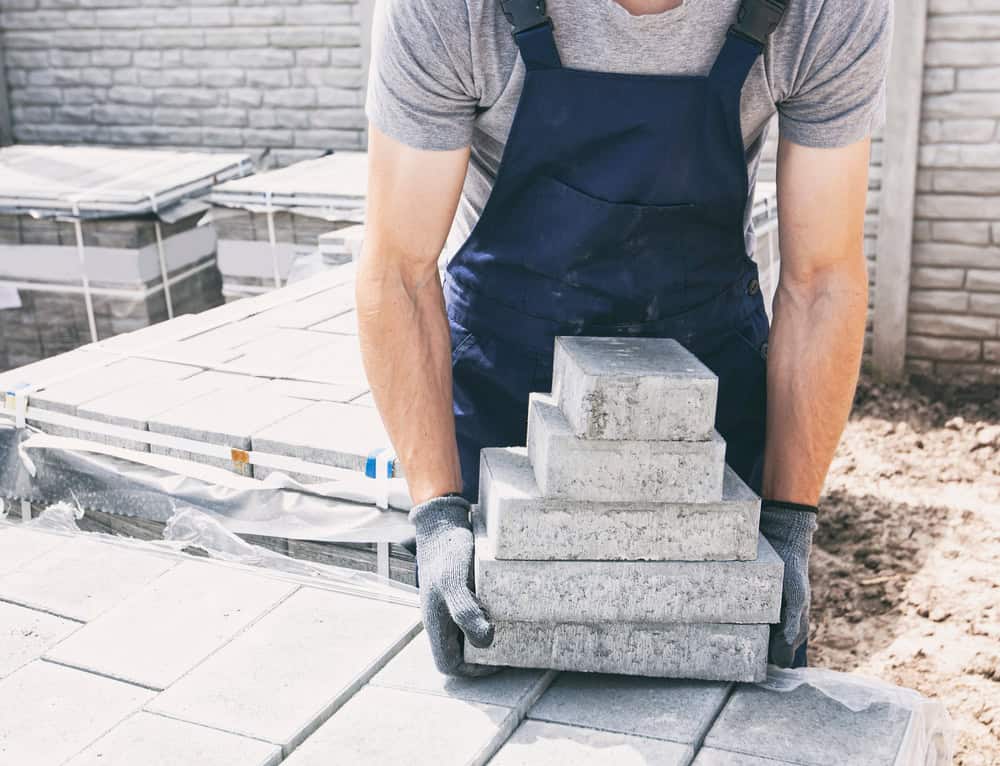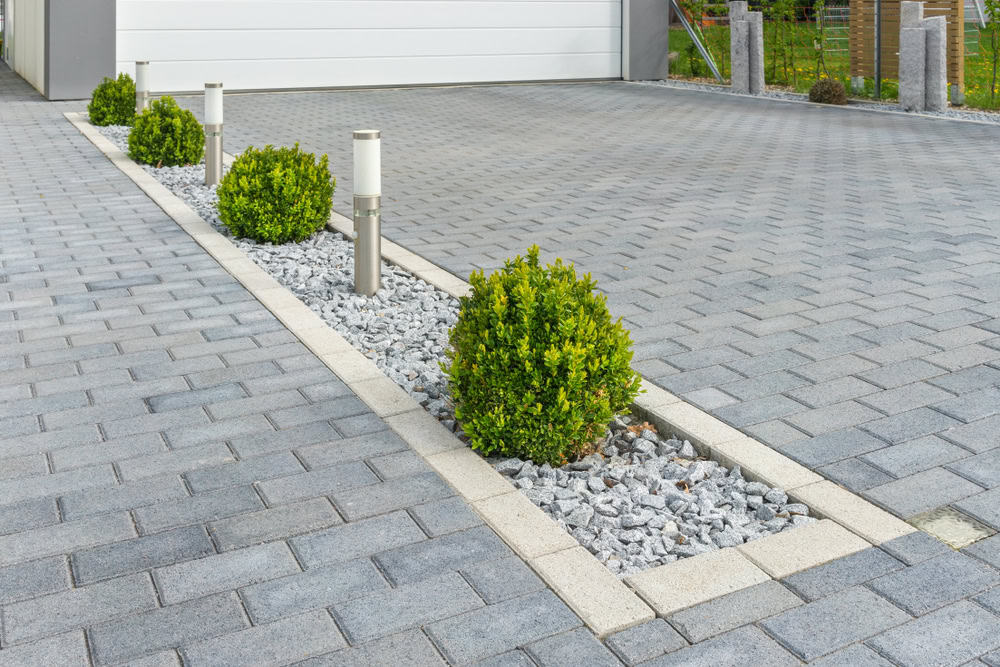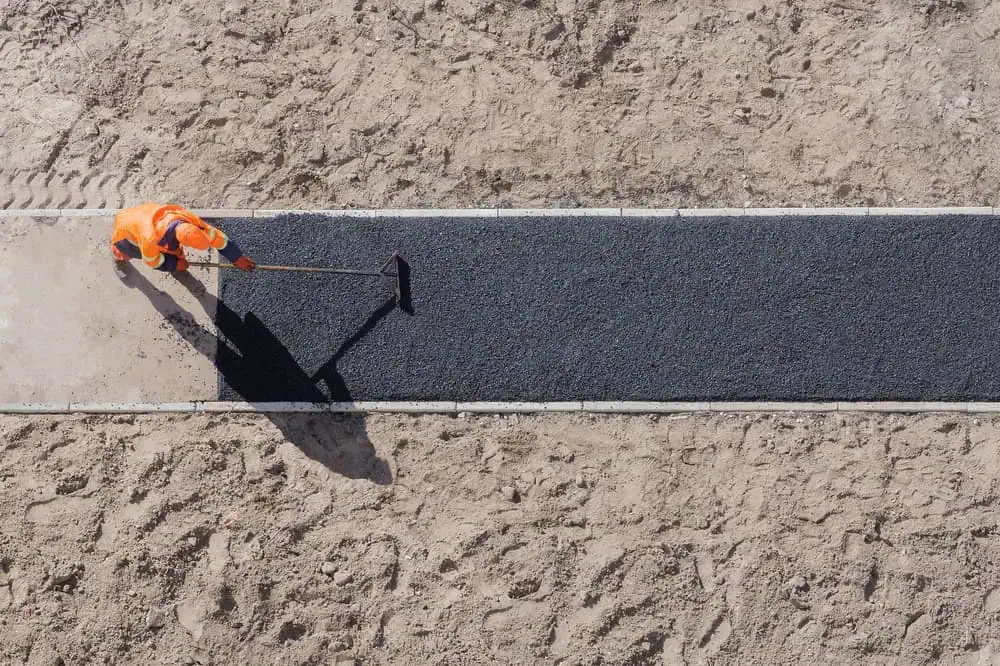Professional paver installation that creates beautiful, lasting patios built for New England weather.


You know that feeling when you walk into a space and immediately think “this is where I want to spend time”? That’s what happens when pavers are installed right.
Your morning coffee tastes better on a level, beautiful patio. Your weekend barbecues feel more relaxed when guests aren’t navigating cracked concrete or uneven surfaces. Kids play outside more when there’s an actual space designed for it.
The best part? You stop worrying about your outdoor space and start enjoying it. No more stressing about water pooling after Boston’s heavy rains. No more embarrassment when neighbors walk by your deteriorating concrete. Just a clean, functional area that works the way you need it to.
Academy Masonry has been installing pavers throughout the Boston area for years, and we’ve learned a thing or two about what works here. New England weather isn’t kind to outdoor surfaces, but the right materials installed properly handle everything from February ice storms to August downpours.
We’re not the guys who disappear halfway through your project or cut corners on base preparation. When we start your paver installation, we finish it correctly the first time.
You’ll find us working in neighborhoods throughout Boston, Cambridge, Newton, and the surrounding communities where homeowners expect quality work that lasts.

First, we assess your space and discuss what you’re trying to accomplish. No high-pressure sales pitch – just a straightforward conversation about your needs, timeline, and budget.
Next comes site preparation, which is where most contractors either excel or fail completely. We excavate to the proper depth, install the right base materials, and ensure proper drainage. This foundation work determines whether your pavers look great for decades or start shifting within a few years.
Then we install your pavers with precise spacing and alignment, followed by joint sand and compaction. The final step involves cleanup and a walkthrough so you know exactly how to maintain your new patio for maximum longevity.

Ready to get started?
Your paver project includes everything needed for a professional installation. We handle excavation, base preparation, drainage solutions, paver placement, joint sanding, and compaction. No surprise costs or additional fees for essential steps.
We work with various paver materials including brick, concrete, and natural stone options that complement Boston-area architecture. Whether you’re replacing an existing patio, creating a new entertaining space, or extending your current outdoor area, we match materials and designs to your home’s style.
Every installation includes proper edge restraints and base preparation designed for our local soil conditions and weather patterns. You get a finished project that handles Boston’s freeze-thaw cycles without the cracking and settling issues common with inferior installations.

Local Resources